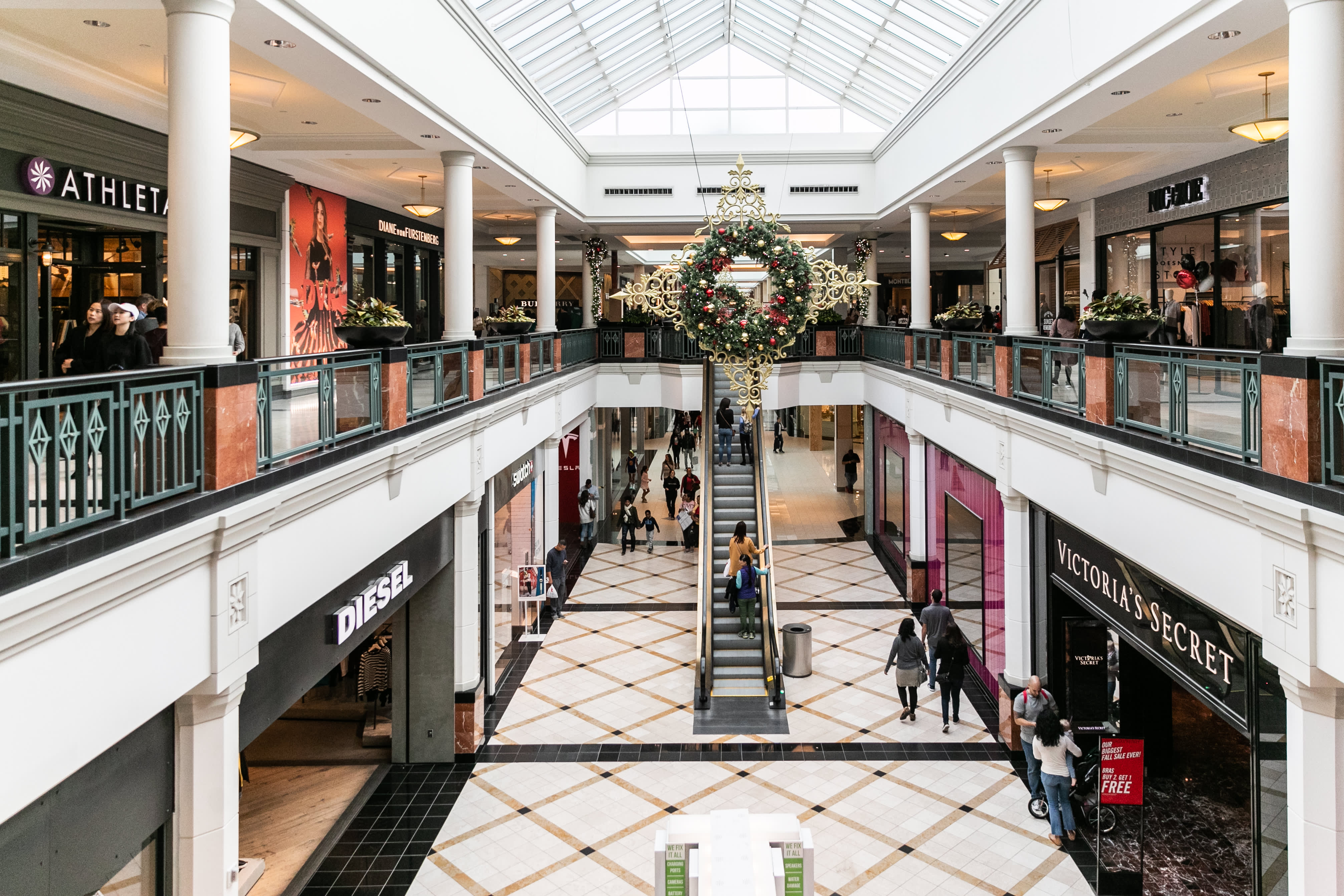The biggest mall owner in the US 'can't guarantee' there won't be more retail wreckage this year - 4 minutes read

David Simon, chairman and chief executive officer of Simon Property Group
Patrick T. Fallon | Bloomberg | Getty Images
The biggest mall owner in the country is anticipating the pace of retail store closures will slow after a nasty start to the year. But its CEO won't make any promises.
"I think most of the bad news is behind us," Simon Property Group CEO David Simon told analysts on a post-earnings conference call Tuesday morning, referring to store closures and retail bankruptcies. "But I can't guarantee it."
Simon shares were falling more than 3%, after the real estate investment trust reported first-quarter funds from operations — a closely watched metric in the industry — of $1.08 billion, or $3.04 per share, compared with $1.03 billion, or $2.87 a share, a year ago. That was slightly below analysts' expectations, BTIG's Jim Sullivan said.
In February, CEO Simon had said he was "nervous" about a few more retail bankruptcies shaking out during the first quarter. That was right before teen apparel retailer Charlotte Russe, personalized-gift company Things Remembered and Payless ShoeSource all filed for bankruptcy later that month. Now, more store closures have already been announced by U.S. retailers in 2019 than in all of 2018.
"It's safe to say ... we did anticipate some [of those] bankruptcies," CEO Simon said Tuesday. "We are looking at a few others ... we will see how the rest of this year shapes up for them."
An effect of this shakeout, mall vacancy rates climbed during the first quarter to 9.3% from 9% in the fourth quarter of 2018, according to real-estate research firm Reis. This is the highest vacancy rate the firm has tracked since the third quarter of 2011, when it was 9.4%, Reis said.
Simon, in turn, has been on the forefront of adding new types of tenants to its malls in a bid to keep its shopping centers relevant. That includes taking some of its assets and turning them into "mixed-use" centers with apartments, hotels, office buildings and fitness centers. At Simon's Phipps Plaza mall in Atlanta, for example, it's adding a Nobu Hotel and a 90,000-square-foot Lifetime Fitness complex.
Earlier this year, Simon said it would partner with Ohio-based marijuana company Green Growth Brands to open 108 locations selling CBD products this year at its properties, including Roosevelt Field Mall in New York, and The Galleria in Houston.
"It's gonna take some work this year to balance out," all of the retail store closures with bricks-and-mortar openings, CEO Simon said. He added that Easter traffic at malls was "slow" this year. But Simon is "seeing some rebound" now.
Simon said the mall owner's sales per square foot during the quarter ended March 31 increased 3.1% from a year ago to $660. It said occupancy at its malls and premium outlet centers was at 95.1%, up from 94.6% a year ago. Simon also reaffirmed its outlook for the full year fiscal 2019.
Meanwhile, Simon isn't the only U.S. mall owner combating this recent wave of store closures. Others are trying to paint a picture of the industry to show how many of the closings in 2019 have been anticipated, and to point out the closures come from just a handful of retail chains.
"A little bit of data parsing provides color to the nature of these closings," Washington Prime Group CEO Lou Conforti told analysts last week. "Six retail chains [account] for 73% of this year's closures, compared to 21% in 2016, and 27% in 2018, respectively. So more concepts aren't going under, just the sh---y ones."
Simon shares are up more than 9% over the past 12 months, bringing its market cap to about $52.7 billion.